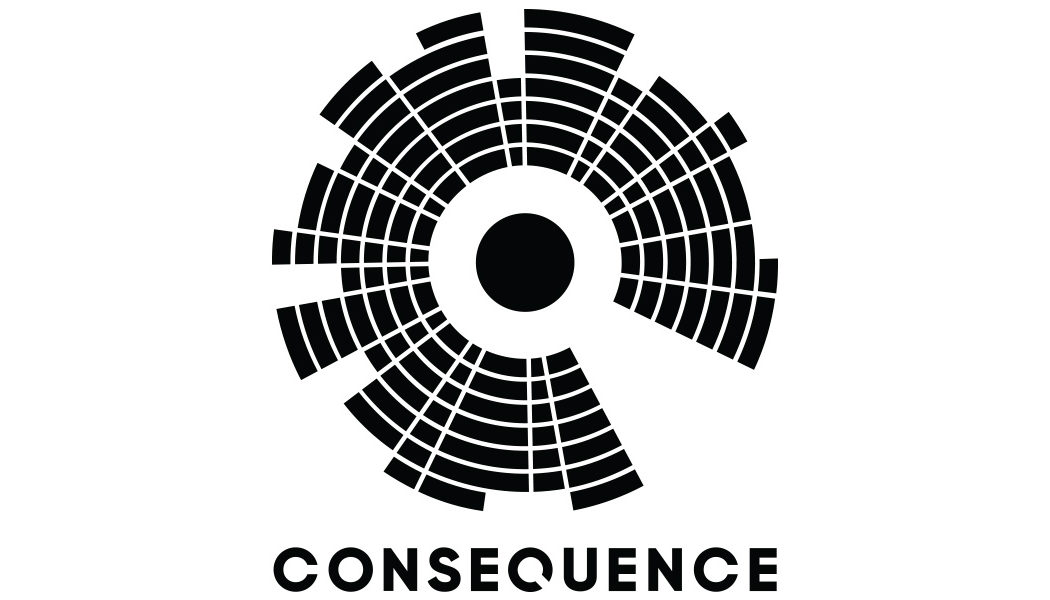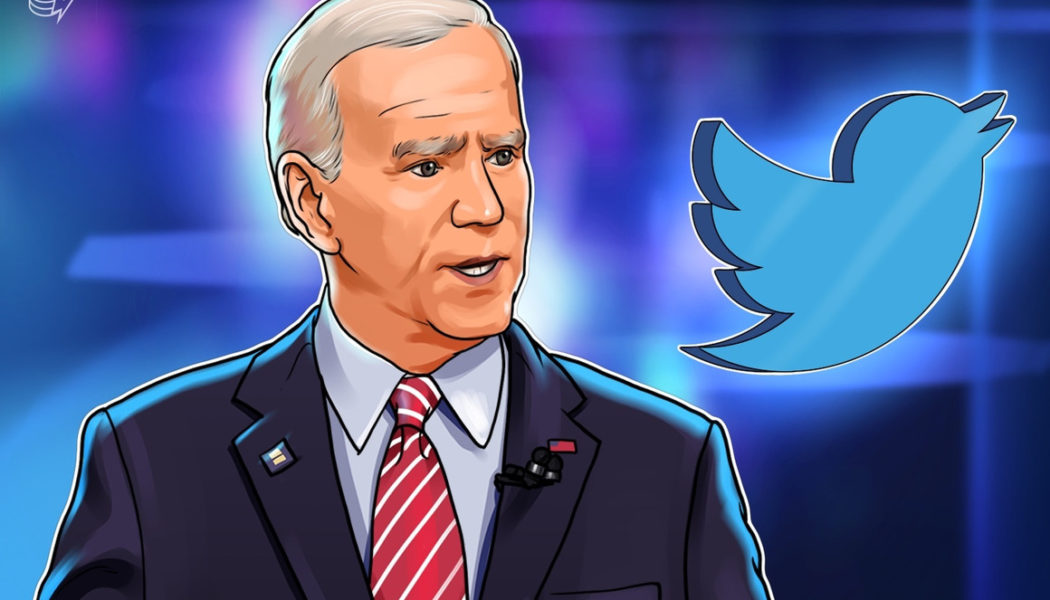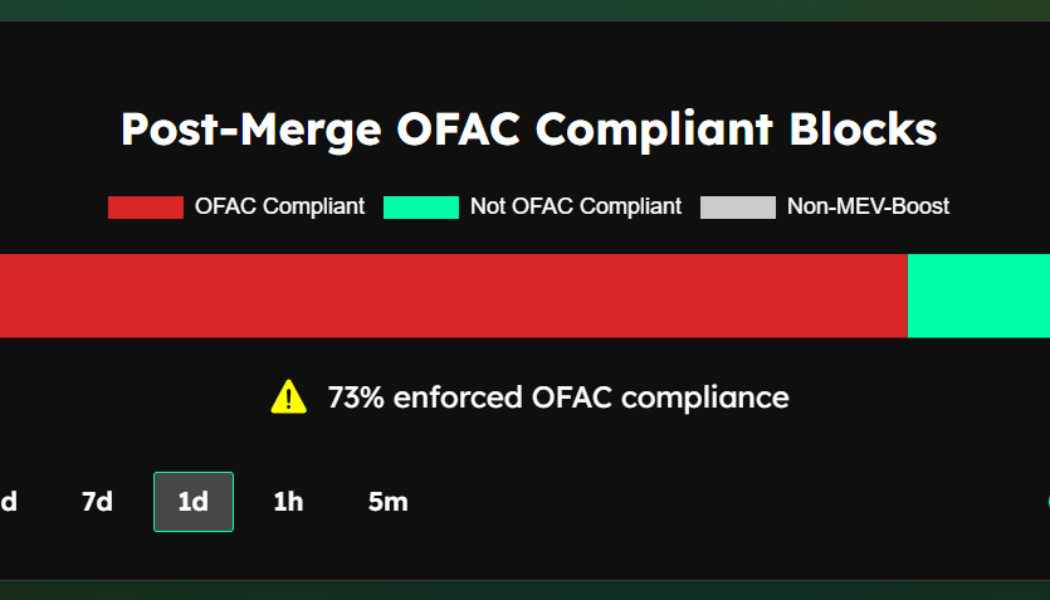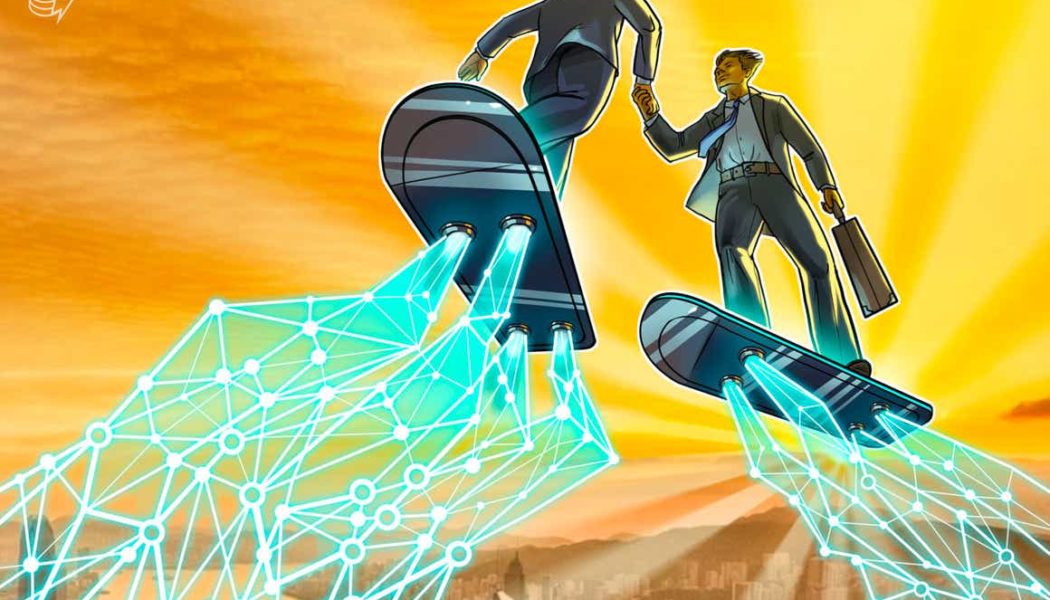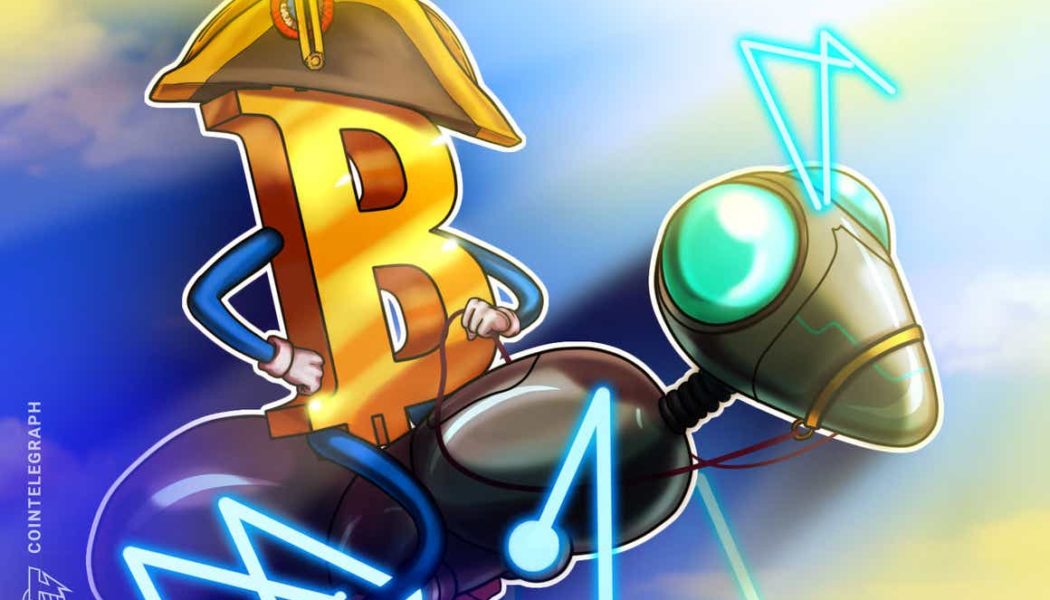Censorship
The Simpsons Episode Mentioning China’s “Forced Labor” Cut from Disney+ in Hong Kong
Season 34 episode "One Angry Lisa" references "forced labor camps where children make smartphones." The Simpsons Episode Mentioning China’s “Forced Labor” Cut from Disney+ in Hong Kong Eddie Fu
Joe Biden unhappy with Elon Musk for buying a platform that “spews lies”
The relevance of social media platforms in swaying global politics was first highlighted with the rise of Facebook (rebranded later to Meta), which was accused of manipulating information based on user demographics. Twitter, which was recently acquired by Elon Musk, got the short end of the stick as US President Joe Biden accused the website of spewing lies. Biden attended a fundraising event in Chicago for upcoming elections, wherein he called out Elon Musk for purchasing Twitter. He stated: “Now what are we all worried about? Elon Musk goes out and buys an outfit that sends and spews lies all across the world.” While the Biden administration has previously clarified its stance to promote the suppression of hate speech and misinformation on social media platforms, the president highlighte...
Ethereum inches even closer to total censorship due to OFAC compliance
Considering that protocol-level censorship is deterrent to the crypto ecosystem’s goal of highly open and accessible finance, the community has been keeping track of Ethereum’s growing compliance with standards laid down by the Office of Foreign Assets Control (OFAC). Over the last 24 hours, the Ethereum network was found to enforce OFAC compliance on over 73% of its blocks. Ethereum sporting 73% OFAC-compliant blocks. Source: mevwatch.info In Oct. 2022, Cointelegraph reported on the rising censorship concerns after 51% of Ethereum blocks were found compliant with OFAC standards. However, data from mevWatch confirmed that the minting of OFAC-compliant blocks on a daily basis has grown to 73% as of Nov. 3. Ethereum’s PFAC compliance trend. Source: mevwatch.info Some MEV-Bo...
Twitter monetization and free speech drove Binance’s $500M injection: CZ
Binance CEO Changpeng “CZ” Zhao has explained the reasoning behind its $500 million co-investment into Elon Musk’s Twitter, citing monetization potential, crypto community free speech, and the opportunity to eventually “help bring Twitter into Web3.” CZ’s comments came from an Oct. 31 CNBC Squawk Box segment, where he explained what drove his co-investment with Elon Musk to acquire the social media platform noting: “I believe Twitter has not been monetized well, it has not grown well, there’s many tactical problems like bots that spam my comments, there’s scammer accounts on there, it’s not been run well.” “But I think the platform has huge value in itself, and especially now with Elon at the helm, we’re very confident,” he added. Binance has not wavered...
Ethereum solo validators that censor blocks should ‘be tolerated’ — Buterin
Ethereum co-founder Vitalik Buterin believes that solo validators that choose not to include certain transactions should “be tolerated” to stop the Ethereum community from becoming the “morality police.” Vitalik Buterin made the comment in reply to a Twitter poll from latetot.eth, discussing a hypothetical scenario whereby a validator censors a transaction that doesn’t align with their beliefs. The thread, published on Oct. 17, asked what should happen if a solo validator, in a country at war with another, decides not to process a block because it includes donations to the opposing military force. I’m a solo home validator in Country A. We are at war w Country B, and I decide that I’m not going to include donations to their military when it’s my turn to make a block. This validator s...
51% of Ethereum blocks are now compliant with OFAC standards, raising censorship concerns
One month after the Merge, 51% of Ethereum blocks were compliant with OFAC standards, according to blockchain development Labrys’ data, as MEV-boost relays take over market share. On Twitter, users highlighted how the figures represent a milestone towards censorship, as more blocks are under surveillance: We reached another sad milestone in censorship: 51%This means if the censoring validators would now stop attesting to non-censoring blocks they would eventually form the canonical, 100% censoring chain. pic.twitter.com/JrYUjowLpt — Martin Köppelmann (@koeppelmann) October 14, 2022 OFAC stands for the Office of Foreign Assets Control, the entity in charge of enforcing United States economic sanctions, while mev-boost relays are centralized entities that act as trusted medi...
‘Programmable money should terrify you’ — Layah Heilpern
Government controlled “programmable money should terrify you”, says social media influencer and TV Host Layah Heilpern, who sees central bank digital currencies (CBDCs) as a way for banks and governments to reign control over their people. In an interview on Aug. 19 with British news outlet GB News, Heilpern, who also released Undressing Bitcoin: A Revealing Guide To The World’s Most Revolutionary Asset in September 2021, said the widespread rollout of a central bank digital currency (CBDC) from nation states is on its way, and that it could lead to the financial censorship of citizens in the future. Heilpern stated that as CBDCs are essentially programmable cryptocurrencies that run on blockchains, they could potentially be “programmed against you” at the whims of the centralized au...
How blockchain archives can change how we record history in wartime
Decentralized blockchain technology has been around for a relatively short period of time, in the grand scheme of things, but its decentralized nature has the power to keep data and information out of the hands of censors looking to create a “safe” and “faultless” version of history. Blockchain is permissionless and literally owned by no one. So, while we can’t save the Alexandria libraries of the past, we can make sure the future is well equipped with the tools necessary to preserve historical records. Here we’ll look at some of the ways nonfungible tokens (NFT) and blockchain technology have been used for keeping archives, the potential downfalls of such technology, and what the future holds for blockchain-based storage systems. NFTs and archives While many current use cases ...
Hundreds of NFTs listed on OpenSea from Shanghai residents during COVID lockdown
The city of Shanghai has been in a month-long mandated quarantine, which confines its 25 million residents to their homes. Initially, the latest COVID-19 outbreak began in March of this year and developed into the worst infection zone since the beginning of the pandemic. As the virus infected hundreds of thousands of people, the extremely restrictive lockdown prevented residents from leaving their homes for weeks on end. In addition to the spike in infections, the lockdown prevented people from obtaining food and medical treatment, and introduced other austerities. This led to frustrated citizens taking to the internet for solidarity and venting. However, government authorities have been reportedly censoring videos that surfaced on the internet showing scenes of confinement within Sh...
BNY Mellon partners with Chainalysis to track users’ crypto transactions
The Bank of New York (BNY) Mellon has announced a partnership with blockchain-data platform Chainalysis to help track and analyze cryptocurrency products. BNY Mellon is the world’s largest custodian bank, currently overseeing $46.7 trillion in assets. Chainalysis is a blockchain-data analysis platform that offers services to traditional financial institutions, allowing large firms to manage the legal risks that come with cryptocurrency more easily. As part of the partnership, BNY will utilize Chainalysis software to track, record and make use of the data surrounding crypto assets. The risk management software offered by Chainalysis includes KYT (Know Your Transaction), Reactor, and Kryptos, with the most important being the KYT flagging system — which automatically detects whether cryptocu...
Law Decoded: Bitcoin’s censorship resistance capacity enters the spotlight, Feb. 14–21
Amid the barrage of last week’s regulatory news, from rumors of Joe Biden’s upcoming executive order on digital assets to another round of the Russian government’s crypto tug of war, the storyline that was arguably the most consequential for the mainstream narrative on the social effects of crypto has been the one around the Canadian government’s standoff with the Freedom Convoy. The government’s invocation of emergency powers to put down a protest movement — combined with the movement’s financial infrastructure being one of the main attack vectors — has led many observers to appreciate with renewed vigor Bitcoin’s capacity to resist state financial censorship. If a government as “civilized” as Canada’s can arbitrarily cut off a group it doesn’t like from the financial system, then any sta...
- 1
- 2
